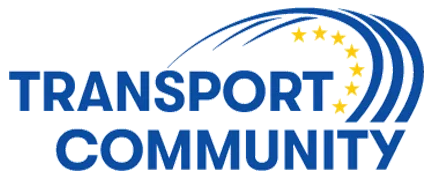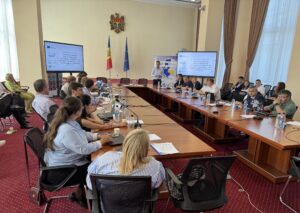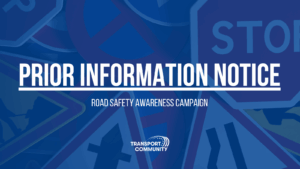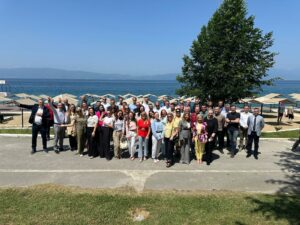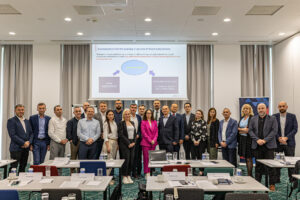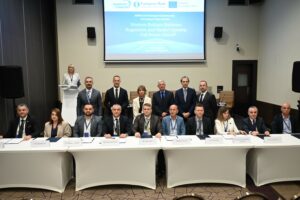The Transport Community Treaty provides a new legal basis for improved border and common crossing points’ operations. It stipulates that “the Contracting Parties shall facilitate administrative procedures (formalities) for crossing from one customs territory to another” (Article 11).
In order to comply with this objective, a Transport Facilitation Action Plan was endorsed by the Ministerial Council, and a Technical Committee for Transport Facilitation has been set up by the Permanent Secretariat of the Transport Community.
The Transport Facilitation Action Plan envisages actions for road/rail BCPs aiming to address inefficiencies and delays, and to improve/modernize/digitalize the operations along the indicative TEN-T Network in the Western Balkans.
Transport Facilitation Technical Committee (TCTF) was established in 2019, and it is composed of representatives from the Transport Ministries, Custom Authorities and Border Police from all the Regional Participants, as well as representatives from the European Commission and neighbouring EU Member States. The TCTF has regular participation from CEFTA Secretariat, WB6 Chamber of Investment Forum (WB6 CIF), World Bank (Transport and Trade Facilitation programme), and other institutions, organizations, or projects.
Transport Community’s partnership with CEFTA is crucial in the area of transport and trade facilitation, as the actions in both sectors are linked and support the overall Common Regional market Plan for Western Balkans, in particular the Free movement of goods. The EU-WB6 Green Lanes is a flagship joint TCT-CEFTA initiative arising from the COVID-19 crisis, and nowadays extends the efforts for transport and trade facilitation beyond the region, i.e with the EU Member States neigbouring the Western Balkans.
Technical assistance in the area of transport facilitation has been deployed both form the CONNECTA instrument, as well as under the budget of the Permanent Secretariat of the Transport Community.
